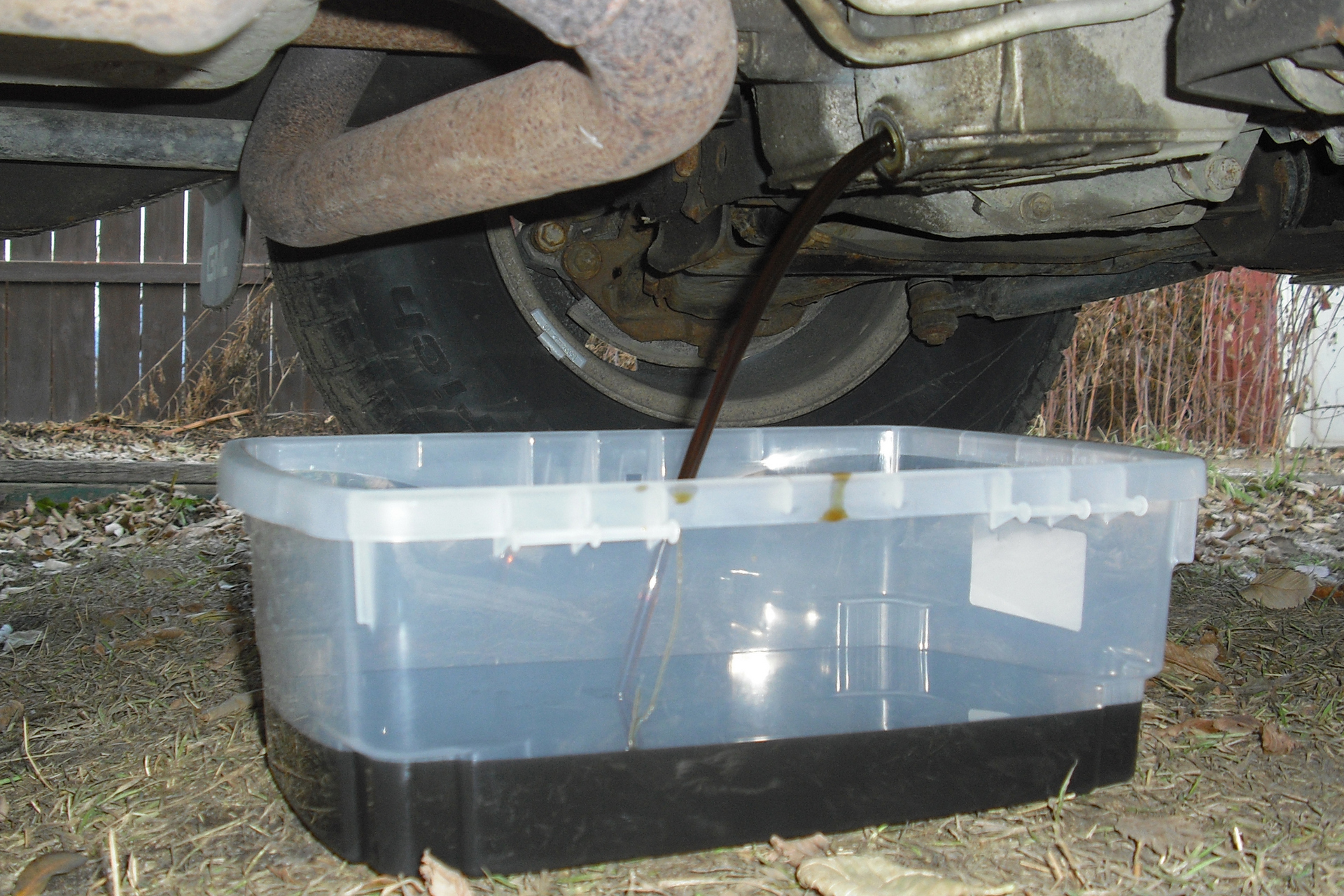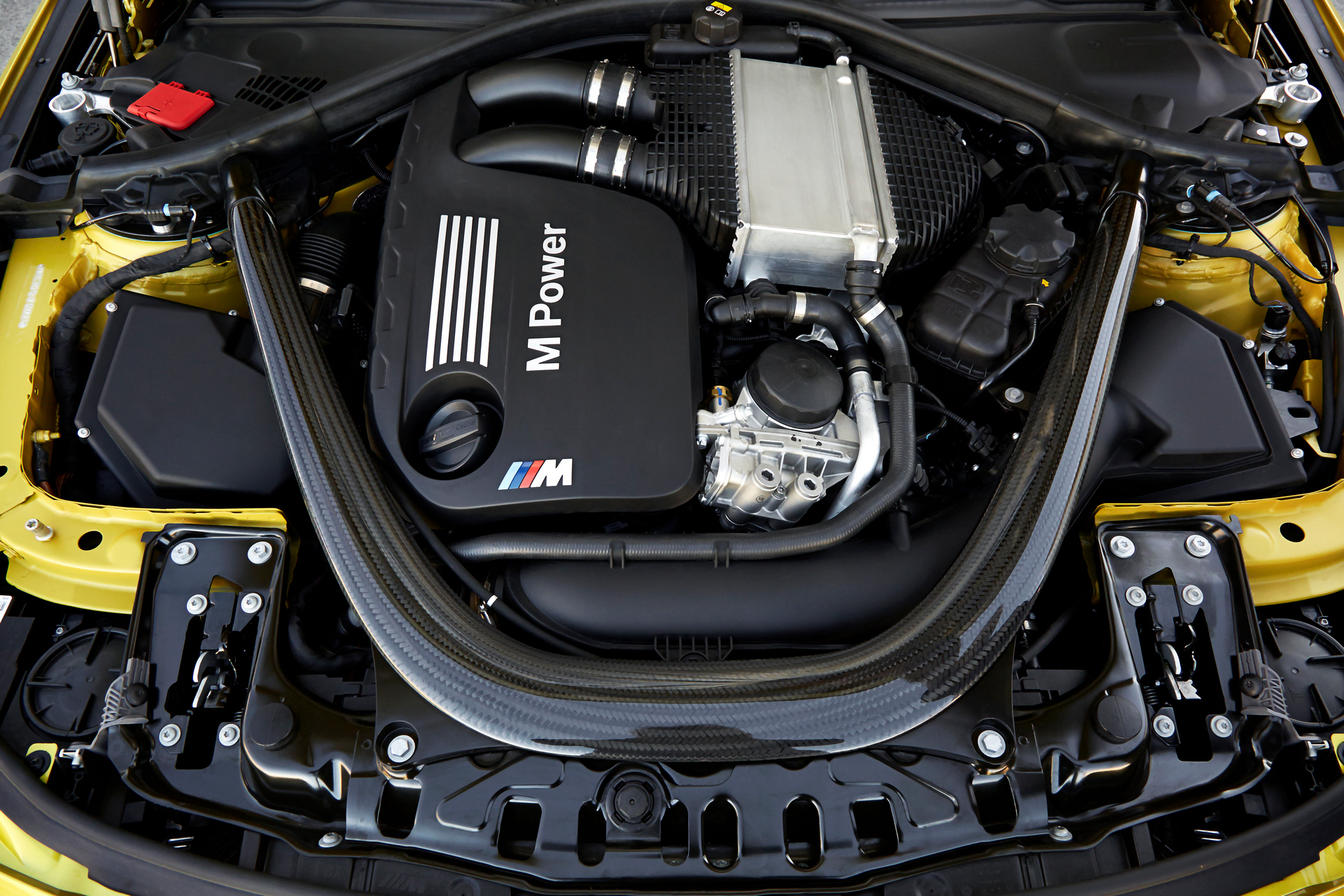Yes, you can. Synthetic oil suits all conventional automobiles that require some type of oil. However, the real question is whether it is really necessary for your car.
Synthetic vs Traditional Mineral Oil
Synthetic oils are designed to be more effective than traditional mineral oils. They are more stable at a variety of temperatures and contain no undesirable contaminants. Better means more expensive but if you make short trips, use your vehicle for towing or hauling, live in regions with very cold or very hot weather, you may find it cheaper to use synthetic oil because it will not break down as quickly.
Follow Manufacturer’s Recommendations
Every automaker has its own standards that are accurately calculated for every car. There are many factors which may affect the calculations including materials used in a car, engine’s design, potential weather conditions, car’s designation, etc. That’s why it is best to follow manufacturer’s recommendations on such things as oil usage.

Oil being drained from a GMC SUV © Myke Waddy/CC0 1.0
When is Synthetic Oil Recommended?
If you have an old car with an old engine. The high-quality synthetic oil reduces engine wear during frigid startups because it is flowing in cold temperatures. That’s enough to prolong the life of an old engine.
If you have a performance car. More power – more troubles. Tuned engines are very tender, so they require high-quality materials.
If you have an engine prone to sludge buildup. Some older engines are especially prone to form the residue that can block oil passages and lead to a quick death of an engine. The synthetic oil is pure and will not form worrisome sludge.
If it is specified by car’s manufacturer. They probably know something about the car they’ve produced, so it is always better to follow the recommendations.
Be Responsible
Another fact in favor of synthetic oils is the prolonged term of their usage in comparison with the conventional oil. Used oil is a major source of toxic waste in water, so using synthetic oils will help not only your car but also the environment. By the way, the same applies to the so-called ‘3,000 mile myth’.







































